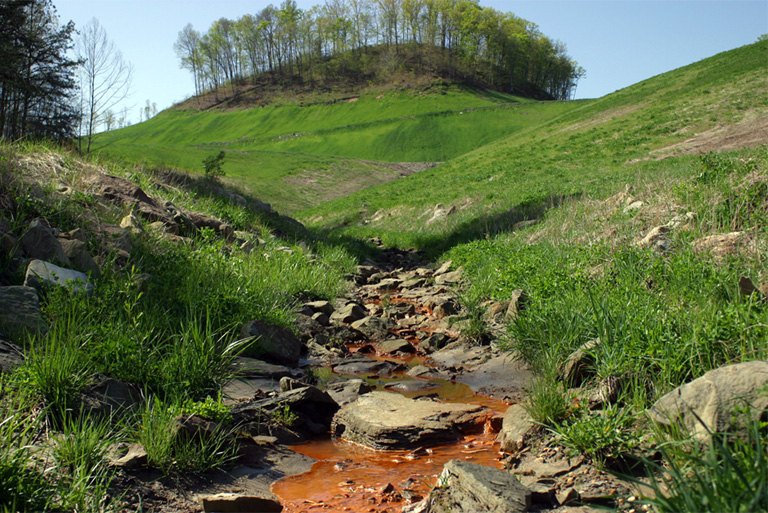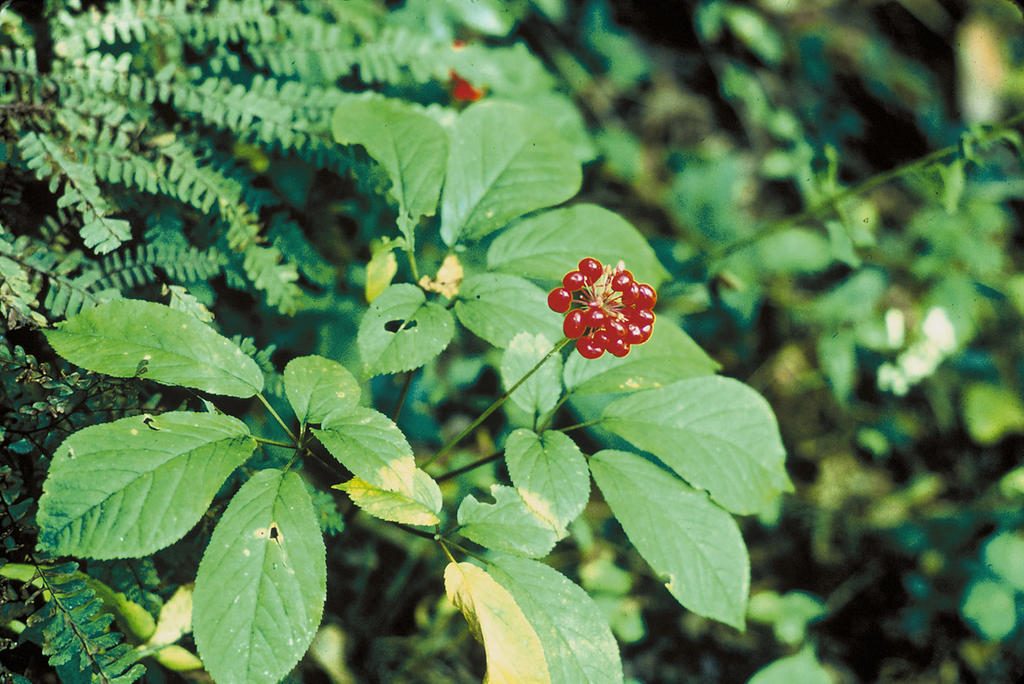Cleaning Up Coal Ash
For well over a century, power plants across the country have burned coal to generate electricity. And for just as long, leftover coal ash has been dumped in open, unlined pits near the power plant, usually located on a river or lake. Every year, U.S. power plants produce 130 million tons of coal ash, which is the second largest waste stream in the country after municipal garbage.
Coal ash concentrates the toxic heavy metals found in coal, including arsenic, mercury, lead and selenium. Stored in unlined, wet impoundments, coal ash has been leaking these toxics into our groundwater and surface waters for years. Sometimes these impoundments collapse — with disastrous results.
Yet government regulations for coal ash management are either non-existent or sparse, and there is little enforcement of the regulations that do exist. In North Carolina, this lack of oversight — and the complicity between state regulators, elected officials and Duke Energy — came to a boiling point in February 2014 when one of Duke’s coal ash impoundments spilled 39 million tons of ash into the Dan River.
Citizens living near North Carolina’s 33 coal ash impoundments — all of which have leaked — have fought for transparency from Duke and the state, and for cleanup of the pollution that threatens their property value, health and family. Their actions forced this issue into the headlines of news networks and to the forefront of environmental justice conversations in the United States.
Appalachian Voices stood with these communities as we worked for years to compel Duke Energy and the N.C. Department of Environmental Quality to excavate coal ash from all the North Carolina sites and dispose of it either in lined, dry landfills, away from waterways, or by recycling it for concrete or other uses, provided it’s done in a manner that protects public health and the environment.
On Jan. 2, 2020, North Carolina announced a historic settlement with one of the state’s most powerful corporations and polluters, Duke Energy. The settlement requires Duke to move nearly 80 million tons of toxic coal ash at six of its power plants to properly lined landfills onsite or recycle it.

Learn information about specific coal ash impoundments in the South, including health threats and safety ratings:
Additional Resources
Fact sheets, videos, links to academic research, and more
Sign Up to Act
Help us protect the health of our communities and waterways.
Latest News
Statewide Alliance Forms to Address Coal Ash in N.C.
On Saturday, July 25, Appalachian Voices and several of our partner organizations facilitated the first statewide gathering of North Carolina communities impacted by coal ash.
Virginia city first to support POWER+

Va. City First Locality Nationwide to Support POWER+
Contact: Adam Wells, Economic Diversification Campaign Coordinator, Appalachian…
Stream “protection” rule falls short
The Obama administration says its draft rule, released last week, to mitigate the water quality impacts of surface coal mining represents a “balanced approach to energy development.” But there’s nothing balanced about blowing the tops off ancient mountains and jeopardizing the health of thousands of Americans.
Ginseng’s growing role in the new Appalachian economy
Most people who live in the mountains know that just being here can have a healing effect on the soul. But not as many people know that many native plants have real medicinal properties. Growing and marketing those wild medicinal plants and herbs was the subject of a recent workshop offered by the group AppalCEED in Norton, Va.







